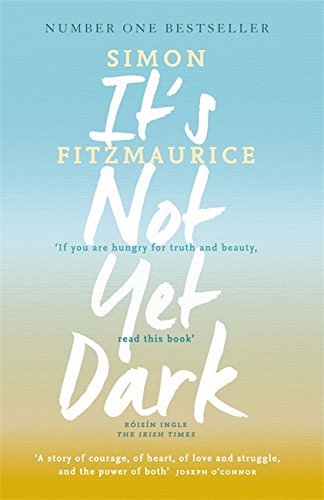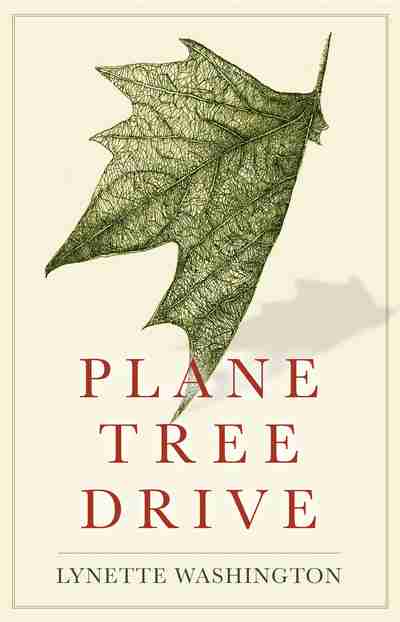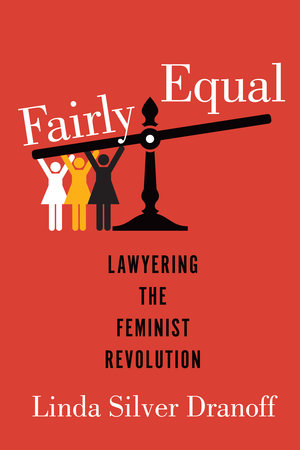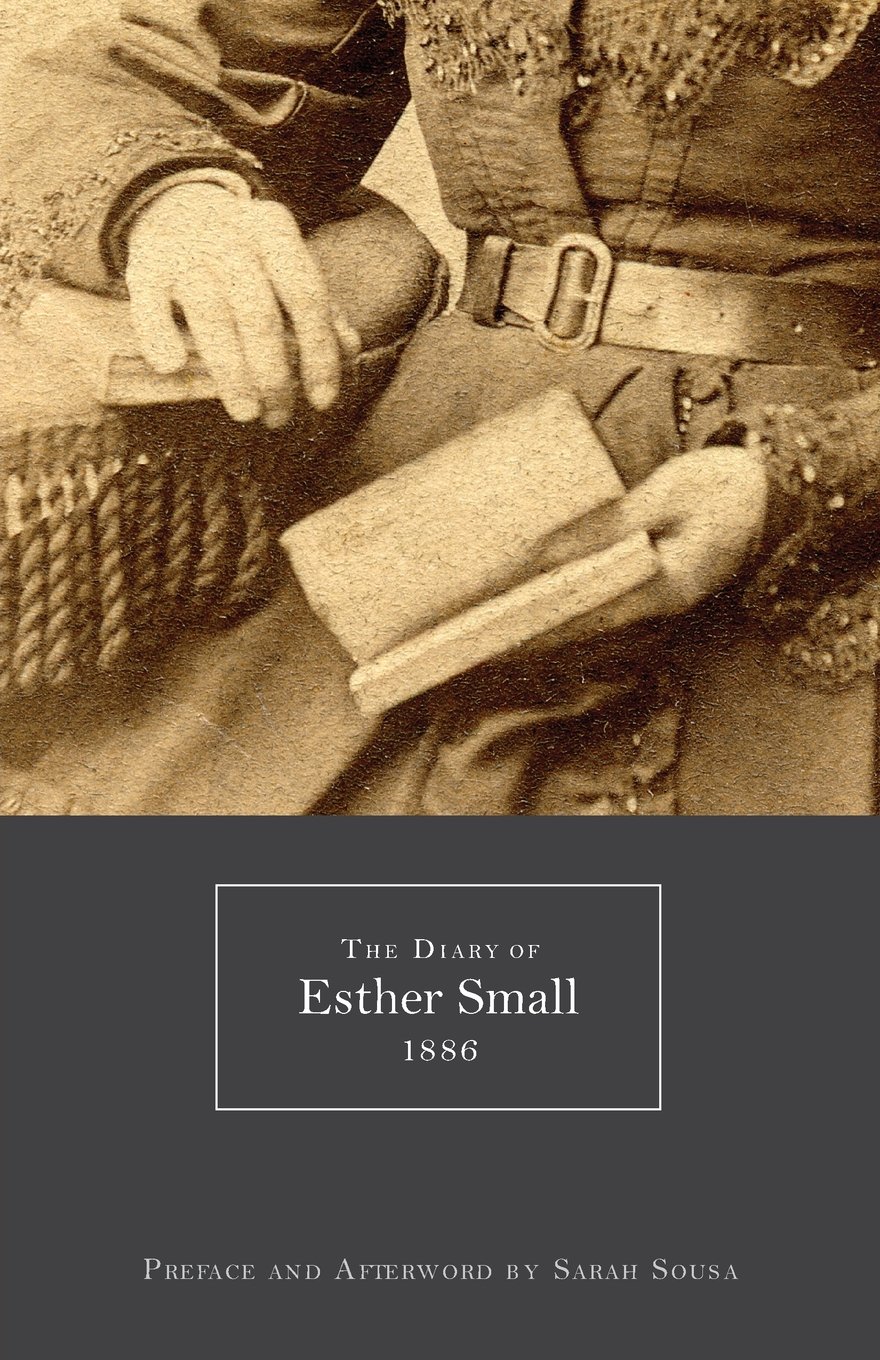 Lives in these stories never turn out as expected, but they do have the accomplish, the finish, of a life that feels real; sometimes to the point of unbearable pain. Whether it be an old friend that the protagonist bumps into that he can’t connect with, or a father whom he wishes not to be similar to in anyway, for his lack of power, these characters resonate with the human flicker of reality; the chaos that lurks behind the ordinary lives of strangers.
Lives in these stories never turn out as expected, but they do have the accomplish, the finish, of a life that feels real; sometimes to the point of unbearable pain. Whether it be an old friend that the protagonist bumps into that he can’t connect with, or a father whom he wishes not to be similar to in anyway, for his lack of power, these characters resonate with the human flicker of reality; the chaos that lurks behind the ordinary lives of strangers.
Category: Book Reviews
Book Reviews
The Sum of Our Parts: A review of It’s Not Yet Dark by Simon Fitzmaurice
 Fitzmaurice wrote with the sensibility of a filmmaker. He blends past recollections, present conditions and future possibilities in a moving kaleidoscope of connectivity regarding one’s influences, hopes and realities that seems always to be present instead of distant and reflective.
Fitzmaurice wrote with the sensibility of a filmmaker. He blends past recollections, present conditions and future possibilities in a moving kaleidoscope of connectivity regarding one’s influences, hopes and realities that seems always to be present instead of distant and reflective.
A review of A Jarful of Moonlight by Nazanin Mirsadeghi
 All poems are reflective of universal human experiences. The poems are short and uncomplicated. Mirsadeghi shares poems on self and eros love, friendship, sadness, longing, pain, heartbreak, and healing. Some of the poems are heart wrenching. I heard a desperate plea for love’s understanding and reciprocity. The reader is invited to share in this heartache and sadness.
All poems are reflective of universal human experiences. The poems are short and uncomplicated. Mirsadeghi shares poems on self and eros love, friendship, sadness, longing, pain, heartbreak, and healing. Some of the poems are heart wrenching. I heard a desperate plea for love’s understanding and reciprocity. The reader is invited to share in this heartache and sadness.
A review of These Wild Houses by Omar Sakr
 It’s hard to think of Sakr as an emerging voice – his work seems to have been everywhere over the past few years. The work in These Wild Houses has such a strong sense of assurance. This is an impressive and very moving collection that not only explores the important terrains of both everyday and institutional racism, the migrant experience, identity politics, trauma and grief, but that also presents a deeply personal and moving story that very deliberately draws the reader in and invites collusion and connection.
It’s hard to think of Sakr as an emerging voice – his work seems to have been everywhere over the past few years. The work in These Wild Houses has such a strong sense of assurance. This is an impressive and very moving collection that not only explores the important terrains of both everyday and institutional racism, the migrant experience, identity politics, trauma and grief, but that also presents a deeply personal and moving story that very deliberately draws the reader in and invites collusion and connection.
A review of Bleeding Hearts by Josh Aterovis
 In the manner of Dorien Grey and his Dick Hardesty series, Aterovis has crafted a group of characters who are very credible. From the imperious homophobic father, the demoralized mother and on to the optimistic girlfriend, as well as each of the other actors in this work; the individuals are not always likeable. They are, however, plausible, well-fleshed and convincing.
In the manner of Dorien Grey and his Dick Hardesty series, Aterovis has crafted a group of characters who are very credible. From the imperious homophobic father, the demoralized mother and on to the optimistic girlfriend, as well as each of the other actors in this work; the individuals are not always likeable. They are, however, plausible, well-fleshed and convincing.
A review of 81 Migrations by W.K. Buckley
 Rich and sweeping, Coined words are coins, Everything has a glint to it—even sound is lush—I want to crawl in the poems, A review of them (the poems, the book) could only be a poem itself.
Rich and sweeping, Coined words are coins, Everything has a glint to it—even sound is lush—I want to crawl in the poems, A review of them (the poems, the book) could only be a poem itself.
A review of Plane Tree Drive by Lynette Washington
 Lynette Washington is s-o-o-o-o-o good at this. She first prepares you with just the necessary brush strokes and then really delivers. All so clever, so unexpected, so unique and the more I read, the more I want. This is addictive reading at its best.
Lynette Washington is s-o-o-o-o-o good at this. She first prepares you with just the necessary brush strokes and then really delivers. All so clever, so unexpected, so unique and the more I read, the more I want. This is addictive reading at its best.
A review of Fairly Equal: Lawyering the Feminist Revolution by Linda Silver Dranoff
 As part of the “second wave” women’s movement, Ms Silver Dranoff has helped elevate Canadian women from second class citizenship to a position that is “fairly equal” to men – although there is still more to be done.
As part of the “second wave” women’s movement, Ms Silver Dranoff has helped elevate Canadian women from second class citizenship to a position that is “fairly equal” to men – although there is still more to be done.
A review of The Diary of Esther Small 1886 edited and transcribed by Sarah Sousa
 Sousa was not simply intrigued. She was invested. She deciphered the entries, sleuthed the cemetery records and censuses, and extensively researched nineteenth century women’s diaries, as evidenced in her luminous afterword on the subject. Surpassing the role of transcriber of Small’s logbook, Sousa became conservator and steward of the archive of her daily life.
Sousa was not simply intrigued. She was invested. She deciphered the entries, sleuthed the cemetery records and censuses, and extensively researched nineteenth century women’s diaries, as evidenced in her luminous afterword on the subject. Surpassing the role of transcriber of Small’s logbook, Sousa became conservator and steward of the archive of her daily life.
A review of Kilted Yoga by Finlay Wilson
 Because the text is minimal and the pictures large, it’s easy to follow along, especially if you’ve done yoga before. It might be a little trickier for absolute beginners, although none of the poses are particularly complex. The book can also be used as inspiration, as a way of adding to an existing practice with a few new poses, meditations or visualisations. All in all, Kilted Yoga is a bonny wee resource to help anyone get the most out of a regular yoga practice.
Because the text is minimal and the pictures large, it’s easy to follow along, especially if you’ve done yoga before. It might be a little trickier for absolute beginners, although none of the poses are particularly complex. The book can also be used as inspiration, as a way of adding to an existing practice with a few new poses, meditations or visualisations. All in all, Kilted Yoga is a bonny wee resource to help anyone get the most out of a regular yoga practice.